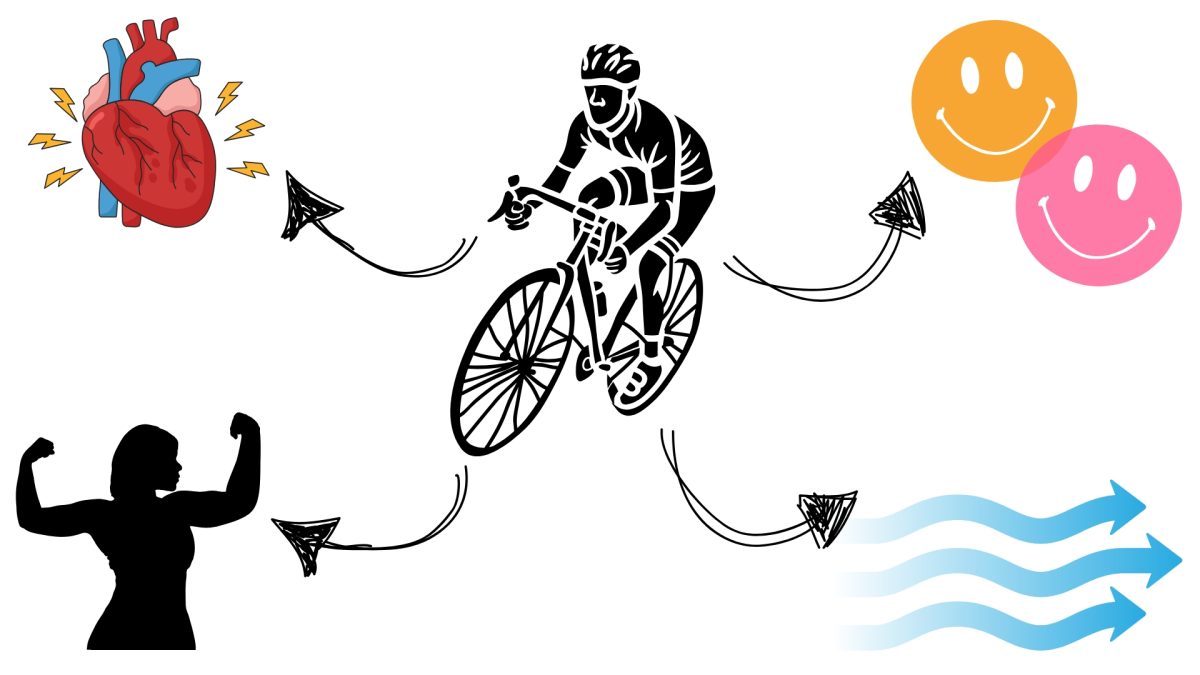Moms drenching their children in antibacterial Febreeze, couches and chairs covered in germ-free plastic sheets, sanitation rooms as the entry to every building — this is the future we’re coming to if the prevalent fear of germs continues to grow.
Anything to an extreme, in excess or in lack, can be detrimental. It is clearly known in modern society that a lack of sanitation is harmful to one’s health, but for some reason that makes people feel as if they need to push to the other extreme: over-sanitation. But little do they know the opposite may be just as harmful.
First of all, not all germs and bacteria are bad; our own bodies use bacteria for things like digesting food, manufacturing vitamins, and releasing minerals. Cleaning every inch of a house daily often ends up destroying the good germs along with the bad.
Living in a germ-free environment is impossible, and therefore it is unnecessary to try tirelessly to achieve such an unhealthy and unreasonable goal; the types of antibacterial products in stores range from toothbrushes and soaps to towels and slippers to chopsticks and staplers.
Germs also serve their own use to our bodies. Since they are unavoidably everywhere in the environment, human beings have an immune system to cope with them but are not born with a supreme immune system.
Babies have relatively weak immune systems but by having to deal with the germs in their environments, their immune systems are made stronger and stronger. This means that a mother or father who tries to sterilize their baby’s blanket, crib, bottle, rattle, and stroller may actually harm their child.
Ever since the emergence of over-sanitation the number of people with immune system disorders and allergies has been on the rise. Once again, these problems arise from an weakly developed immune system.
Protecting children from being exposed to the everyday bacteria, viruses and fungi they would normally encounter mean their immune systems never learn to mature and deal with these threats. This leads to an over-sensitivity to simple things in their environments like dust mites and trees.
This is not to say that all allergies are solely caused by over-sanitation; they have existed as long as human beings, but allergies are much more commonplace today than they once were.
While over-sanitation may be harmful, the same could also be said for the opposite. Sanitation has been a triumph of modern medicine by causing the extinction of many diseases and parasites; the black plague of the medieval ages could have easily been stopped by some simple sanitation and we now know that today.




































![Teacher Lore: Mr. Hillman [Podcast]](https://bsmknighterrant.org/wp-content/uploads/2025/03/teacherlorelogo-1200x685.png)




